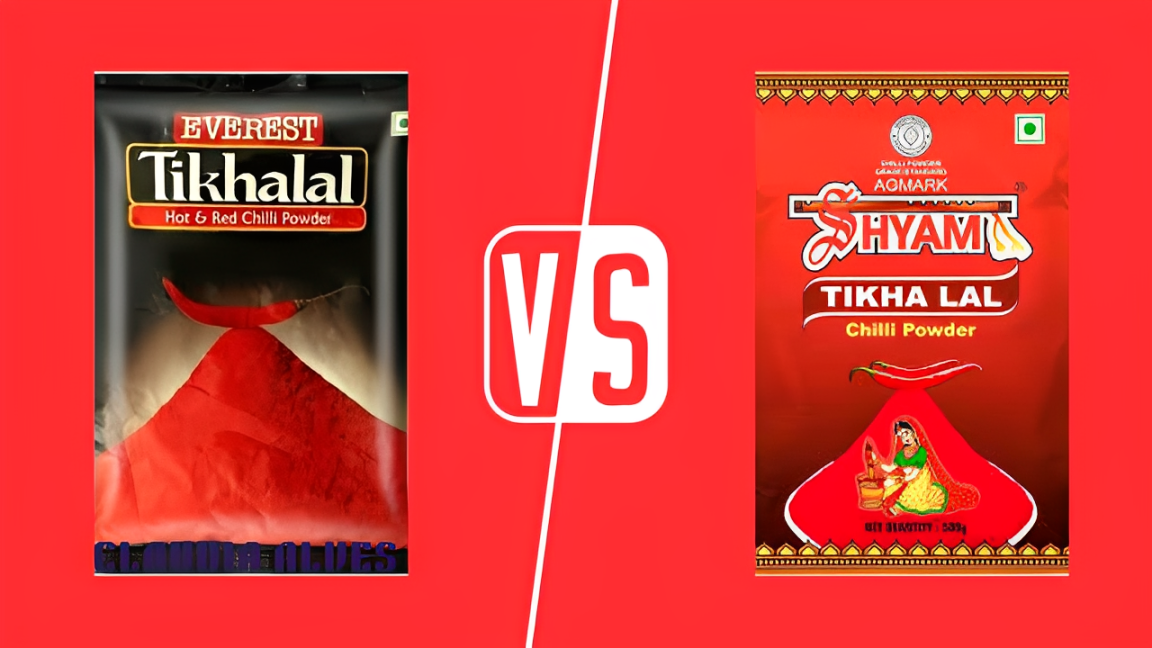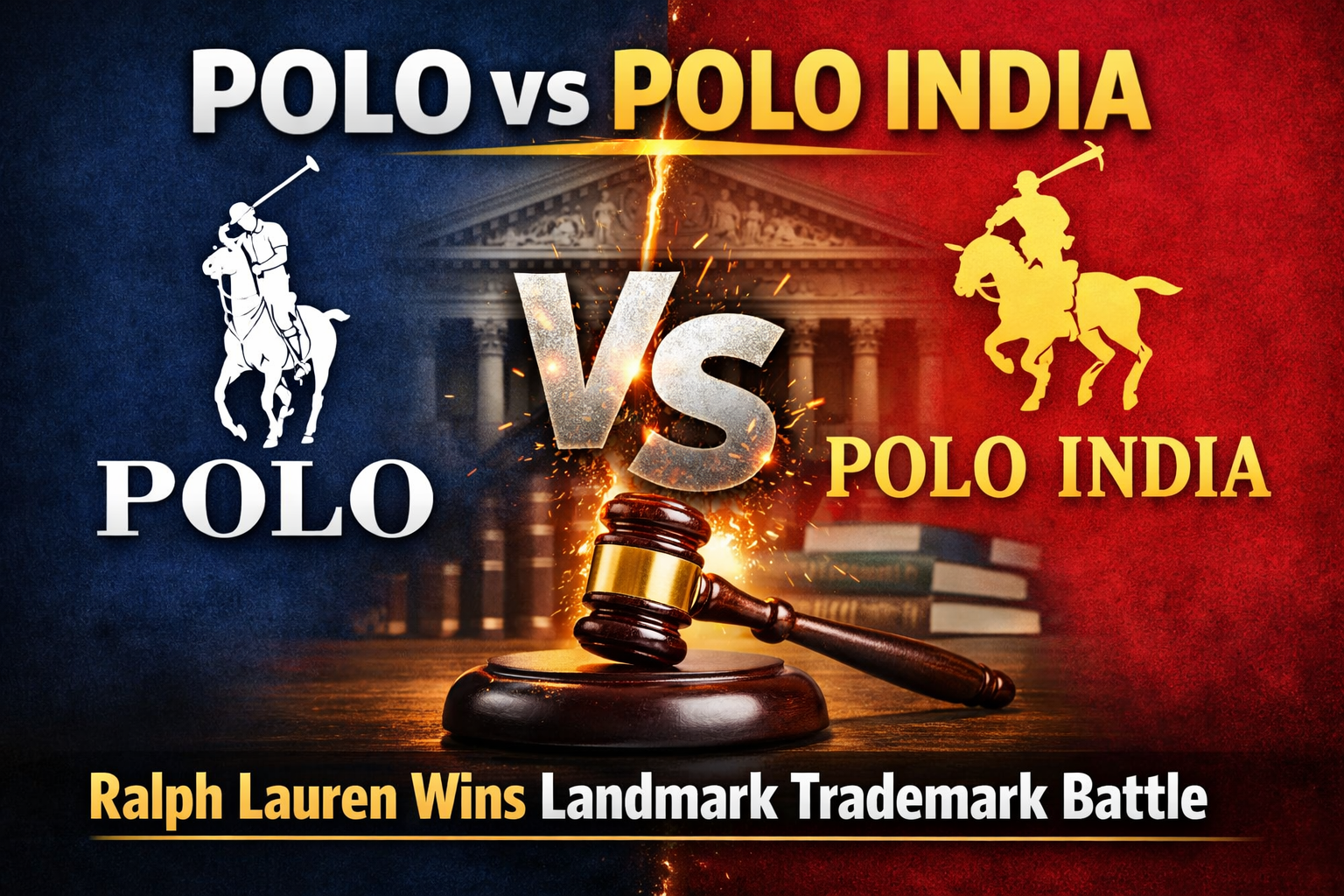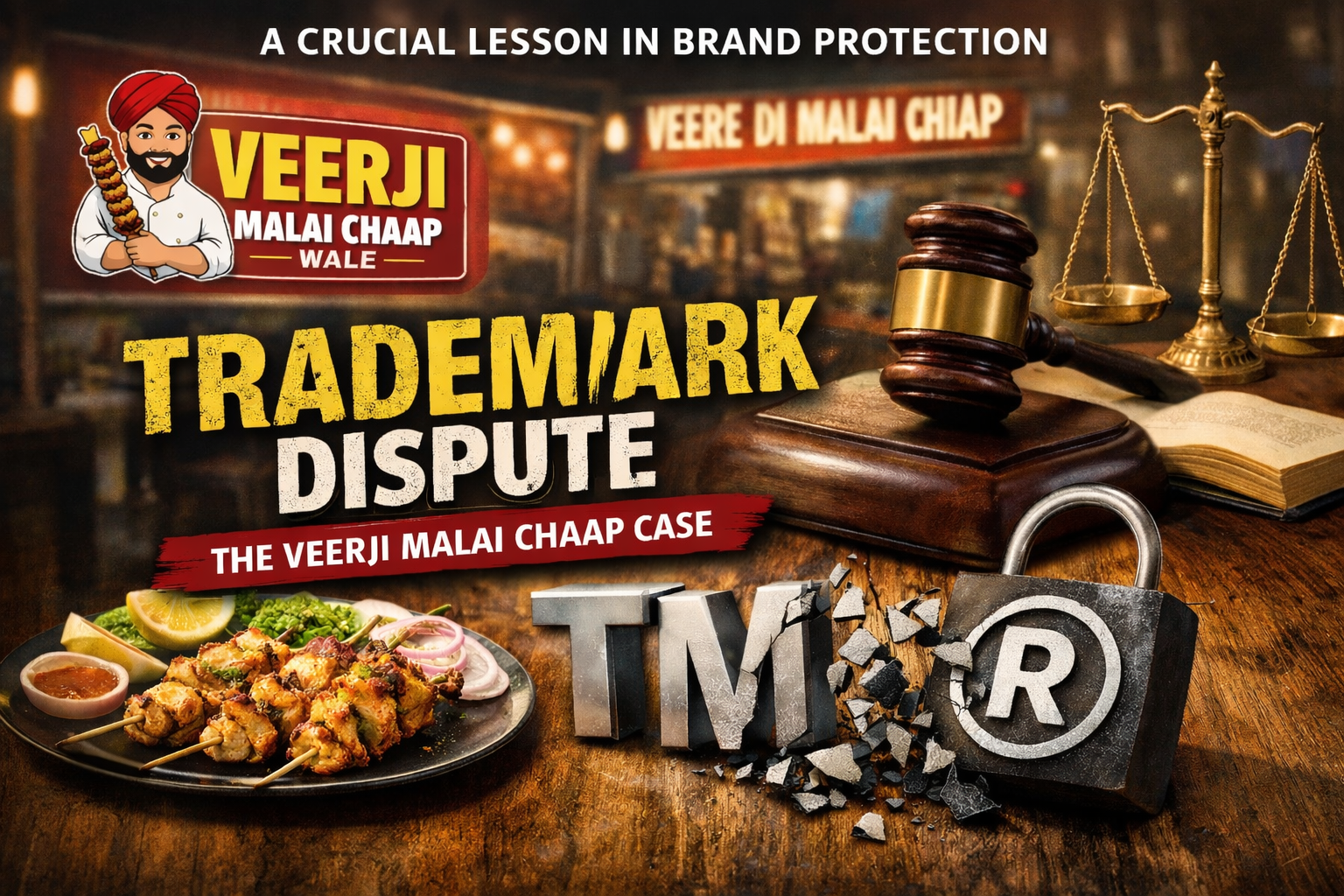
EVEREST VS SHYAM DHANI: THE FIERY TIKHALAL TRADEMARK CLASH
INTRODUCTION
The recent trademark dispute between Everest Food Products Pvt. Ltd. and Shyam Dhani Industries Pvt. Ltd. marks a major turning point in the Indian Fast-Moving Consumer Goods (FMCG) sector, particularly in the highly competitive spice market. Everest, a household name in India, has built a trusted legacy over decades by delivering high-quality spice blends under well-known brand names one of which is “Tikhalal”, a popular chili powder product. In this legal battle, Everest alleged that Shyam Dhani was marketing a chili powder under a confusingly similar name, “Shyam Tikha Lal”, thereby infringing upon Everest’s registered trademark and attempting to capitalize on its brand goodwill. In response, Everest filed a suit in the Bombay High Court, demanding injunctive relief to protect its intellectual property. The court agreed, granting an interim injunction against Shyam Dhani. This ruling reinforces the significance of trademark registration and brand distinctiveness, especially in markets where consumers rely heavily on visual and phonetic cues when choosing products. It also sends a strong message to other businesses in the FMCG (Fast-Moving Consumer Goods) space: trademark laws will be strictly enforced, and any attempt to imitate or “passing off” another company’s identity will face serious legal consequences. The case sets a vital legal precedent for brand protection in India.
BACKGROUND OF THE DISPUTE
The trademark dispute between Everest Food Products Pvt. Ltd. and Shyam Dhani Industries Pvt. Ltd. originated from a claim of brand imitation in India’s competitive spice industry. Everest, a leading name in Indian households for its wide range of spice products, has been using the trademark “Tikhalal” for its chili powder since 2002. Over the years, “Tikhalal” has gained widespread recognition and trust among Indian consumers, becoming one of the most well-known chili powder brands in the market. However, in 2019, Everest discovered that Shyam Dhani Industries had launched a chili powder product under the name “Shyam Tikha Lal”. At first glance, the difference may appear subtle, but Everest argued that the names were phonetically and visually similar, especially in the context of typical consumer behavior in local markets. Furthermore, Everest alleged that Shyam Dhani’s packaging design, color scheme, font style, and branding layout were deliberately made to resemble Everest’s original Tikhalal product. This, Everest claimed, was a classic case of “passing off”, where a company attempts to benefit from another’s established goodwill and reputation. Such imitation not only misleads consumers but also causes serious damage to the original brand’s image, sales, and market share.
HOW TRADEMARK DISPUTES IMPACT CONSUMERS AND THE MARKET
Trademark disputes, such as the Tikhalal case, affect not only companies but also consumers and the overall market. When two products have very similar names or packaging, it can confuse buyers, leading them to purchase the wrong product or one of lower quality. This damages consumer trust especially in Fast-Moving Consumer Goods products like spices, where people rely on consistent quality. Strong trademark laws protect brands and encourage companies to invest in better products. More Indian businesses are now recognizing the importance of trademarks in building brand reputation. Additionally, the government is strengthening trademark laws and enforcement to support fair competition. However, proving trademark infringement is not always straightforward. Courts require clear evidence that consumers are likely to be confused, which can be difficult in markets crowded with similar products. Monitoring numerous small, local producers is also a challenge. This is why evidence such as consumer surveys and expert opinions play a crucial role in these cases.
COURTROOM CLASH OVER TIKHALAL: EVEREST’S LEGAL FIGHT AGAINST COPYCAT CLAIMS
The Bombay High Court granted a temporary injunction in favor of Everest Food Products Pvt. Ltd. against Shyam Dhani Industries Pvt. Ltd. for trademark infringement concerning Everest’s “TIKHALAL” chilli powder. Everest, which owns the registered trademark “TIKHALAL” since 2002, claimed extensive use and goodwill in the mark. In 2019, Everest discovered that the defendants were selling a similar product under the name “SHYAM TIKHA LAL” and had registered this mark. Everest filed a Rectification Application to cancel the defendants’ trademark, which is still pending. After the defendants ignored a Cease-and-Desist Notice, Everest sued for trademark infringement and passing off. In their interim application, Everest accused the defendants of fabricating sales invoices to falsely demonstrate use of the “SHYAM TIKHA LAL” mark.
The defendants claimed that the disputed trademark “TIKHA LAL” was absent from the sales invoice due to a computer software error. However, the Court found the two affidavits submitted by the defendant’s contradictory and lacking sufficient explanation for these discrepancies. The Court described the defendants’ case as dishonest and refused to consider their defense for the interim application, granting the plaintiff interim relief on this ground alone. The defendants argued that “Tikhalal” referred to the characteristic of the goods (chilli powder) and not a trademark, relying on Section 30(2)(a) of the Trademark Act. The Court, however, observed that the defendants failed to prove this claim. Instead, the product’s visual depiction showed that “TIKHA LAL” was used as a trademark. Since the defendants themselves filed a trademark application for “SHYAM TIKHALAL,” they were estopped from denying its trademark use. The Court held that the mark was likely to cause confusion and harm Everest Food’s established goodwill in “TIKHALAL.” Despite the defendants’ trademark registration, the Court found it prima facie illegal and fraudulent. Consequently, the Court granted a temporary injunction restraining the defendants from using “TIKHA LAL” or any similar mark and from manufacturing, selling, or advertising the product under this name pending the suit’s final disposal. Additionally, the Court imposed costs of rupees 2,00,000 (Two lakh) on the defendants for fabricating sales invoices and affidavit discrepancies.
Justice R.I. Chagla was of the view that the defendant’s conduct was dishonest and that they deliberately fabricated false sales invoices. It said:
“Having considered the rival submissions, in my view, the Defendants’ conduct in the present case has been nothing but dishonest. Prima facie the Defendants have placed reliance upon false and fabricated Sales Invoices which have been annexed with the Affidavit-in-Reply, and which have been referred to as part of the submissions of the Plaintiff. The Defendants in my prima facie view have deliberately fabricated Sales Invoices including Sales Invoice by adding the words “TIKHA LAL” and produced the same before this Court in an attempt to falsely show their use of the impugned trademark “TIKHA LAL” to mislead this, Court.”
CONCLUSION
The trademark battle between Everest Food Products Pvt. Ltd. and Shyam Dhani Industries Pvt. Ltd. highlights the vital role of trademark protection in India’s competitive FMCG (Fast-Moving Consumer Goods) market. The Bombay High Court’s decision to grant an interim injunction in favor of Everest reinforces the principle that any attempt to imitate or unlawfully use a competitor’s brand, especially through dishonest means such as fabricating evidence, will face strict legal consequences. This case serves as a strong reminder that trademarks are essential not only for protecting a company’s goodwill and reputation but also for maintaining consumer trust and ensuring fair market competition. As the spice industry in India continues to expand, this legal precedent underscores the importance of genuine brand building and respect for intellectual property rights, ultimately benefiting businesses and consumers alike.




Leave a Reply